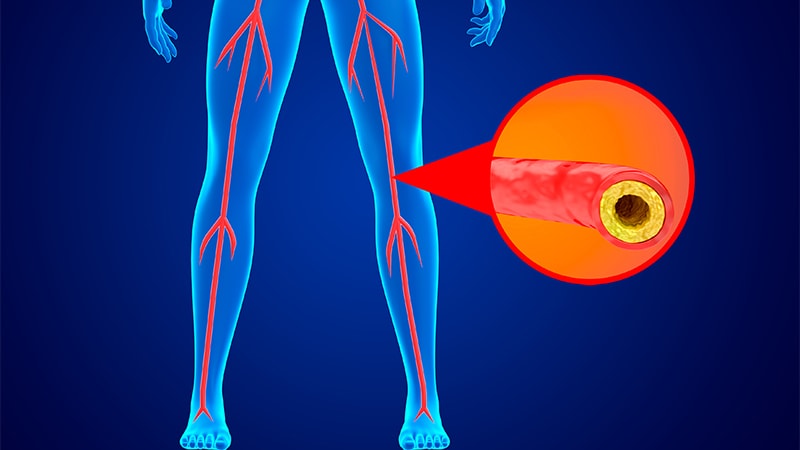Takeaway
- Treatment with calcium channel blockers (CCBs) is associated with a 30% reduction in the development of peripheral artery disease (PAD) compared with other antihypertensive agents or placebo, based on the data from a meta-analysis of randomised controlled trials (RCTs).
Why this matters
- Findings suggest that CCB can be utilised as a primary antihypertensive agent for the prevention of PAD.
Study design
- A meta-analysis of 7 RCTs (n=70,161, mean follow-up period 3.8 years) was conducted after a search across PubMed and Cochrane registry.
- Funding: None.
Key results
- Out of 70,161 patients, 27,502 were allocated to CCBs and 42,659 patients to the control group.
- PAD events occurred in 547 and 1263 in the CCB and control group, respectively.
- CCBs were linked to a 30% reduction in PAD risk compared with placebo (OR, 0.70; 95% CI, 0.58-0.86; P=.0005; I2=52%).
Limitations
- Definition of PAD varied across studies.
- Moderate heterogeneity.
References
References


